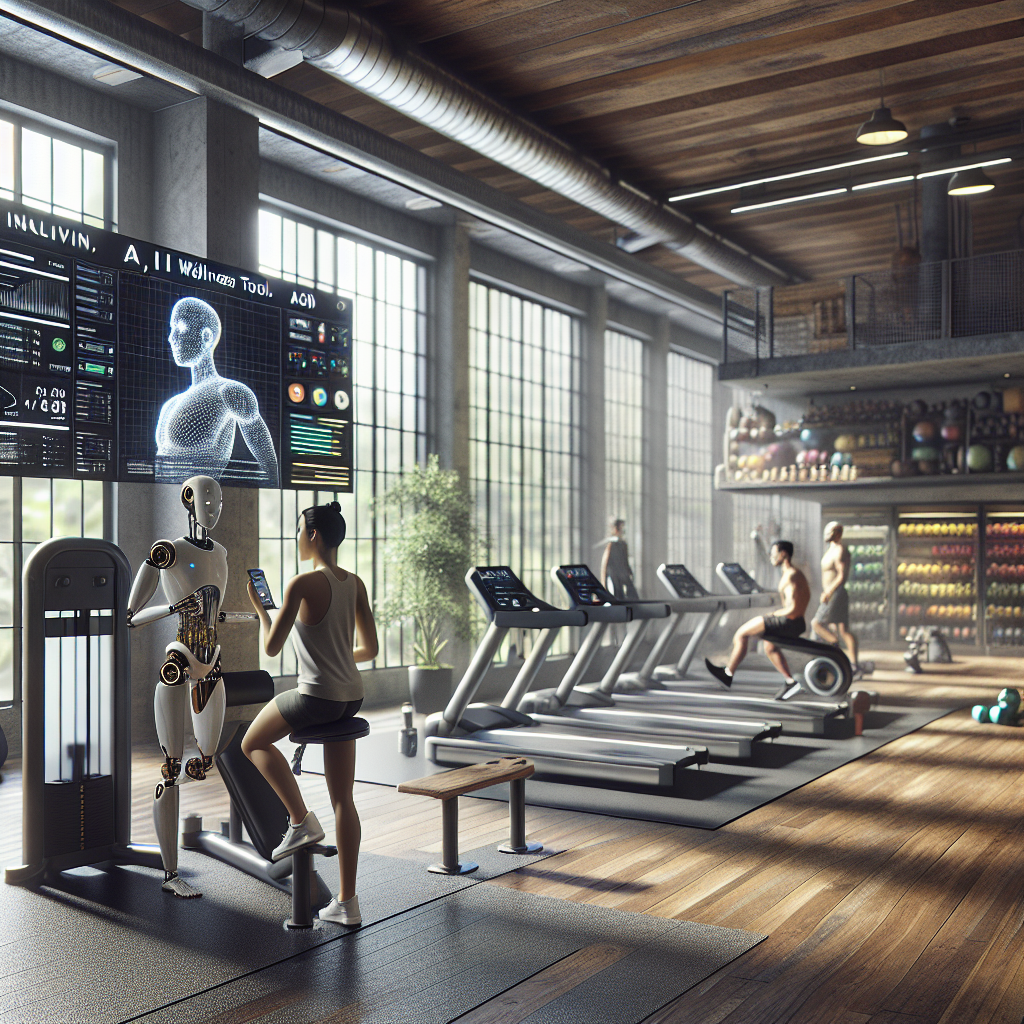In the rapidly evolving field of nutrition, personalized strategies are emerging as the frontier for optimizing health and wellness. This approach tailors dietary recommendations to individual needs, taking into account genetic, biochemical, and lifestyle factors to offer advanced insights into nutritional science. By leveraging these personalized strategies, individuals can achieve better health outcomes, manage chronic conditions more effectively, and enhance overall well-being.
Understanding Personalized Nutrition
Personalized nutrition represents a shift from the traditional one-size-fits-all dietary guidelines to a more tailored approach. It recognizes the unique differences in individuals’ nutritional requirements based on their genetic makeup, metabolic health, microbiome composition, and lifestyle factors.
The Role of Genetics in Nutrition
Genetic variations significantly influence how individuals metabolize nutrients. Nutrigenomics, the study of the interaction between nutrition and genes, provides insights into how specific dietary components affect gene expression and health outcomes.
- Genetic Testing: By identifying genetic predispositions to certain nutrient deficiencies or metabolic conditions, personalized nutrition strategies can be developed that specifically address these needs.
- Gene-Nutrient Interaction: Understanding gene-nutrient interactions can help in crafting diets that optimize health by either enhancing beneficial gene expression or mitigating the effects of harmful ones.
The Impact of the Microbiome
The gut microbiome plays a crucial role in nutrition by influencing digestion, nutrient absorption, and even immune function. Personalized nutrition takes into account the microbiome’s composition to tailor dietary recommendations.
- Microbiome Analysis: Advanced testing can determine the types of bacteria present in the gut, allowing for dietary adjustments that promote a healthy microbial balance.
- Probiotics and Prebiotics: Personalized strategies might include specific probiotics or prebiotics that encourage the growth of beneficial gut bacteria.
Technological Advances in Personalized Nutrition
Cutting-edge technology has propelled personalized nutrition into the mainstream, making it more accessible and effective.
Wearable Devices and Nutrition Tracking
Wearable technology provides real-time data on various health metrics, offering a dynamic approach to personalized nutrition.
- Continuous Glucose Monitoring: Devices that track glucose levels continuously provide insights into how different foods affect blood sugar, allowing for more precise dietary adjustments.
- Activity and Sleep Trackers: These tools provide data on physical activity and sleep patterns, which are integral to crafting comprehensive nutrition strategies.
Data-Driven Nutrition Apps
Nutrition apps leverage artificial intelligence and machine learning to offer personalized dietary recommendations based on user data.
- Dietary Intake Analysis: Apps can analyze dietary intake to identify nutrient gaps and suggest food choices that align with individual health goals.
- Behavioral Insights: By tracking eating habits, these apps can provide behavior-based recommendations to improve dietary adherence and outcomes.
Challenges and Considerations in Personalized Nutrition
While personalized nutrition holds tremendous potential, it also presents several challenges that need to be addressed.
Data Privacy and Security
With the collection of sensitive genetic and health data, ensuring privacy and security is paramount.
- Regulatory Compliance: Companies must adhere to strict data protection regulations to safeguard user information.
- Transparency: Clear communication regarding data usage and consent is essential to build trust with users.
Accessibility and Equity
The cost and availability of personalized nutrition services can be prohibitive, potentially widening health disparities.
- Affordability: Efforts are needed to make personalized nutrition more affordable and accessible to diverse populations.
- Education: Providing education on the benefits and limitations of personalized nutrition is crucial for informed decision-making.
Future Directions in Personalized Nutrition
The future of personalized nutrition promises exciting developments that will further refine and expand its applications.
Integration of Omics Technologies
Advances in omics technologies, which include genomics, proteomics, and metabolomics, will enhance the precision of personalized nutrition strategies.
- Comprehensive Biomarker Profiles: Integrating data from multiple omics fields will provide a more holistic understanding of individual nutritional needs.
- Precision Diets: This integration will enable the development of highly specific dietary protocols that optimize health outcomes.
Artificial Intelligence and Machine Learning
AI and machine learning will continue to play a critical role in processing vast amounts of data and generating actionable insights.
- Predictive Modeling: These technologies can predict individual responses to specific nutrients or dietary patterns, allowing for more personalized recommendations.
- Adaptive Algorithms: Algorithms that learn and adapt over time will refine recommendations based on ongoing user feedback and health outcomes.
Conclusion
Emerging trends in personalized nutrition strategies offer a promising path towards optimized health and wellness. By embracing technological advancements and addressing existing challenges, personalized nutrition can become a cornerstone of preventive healthcare. As the field continues to evolve, it holds the potential to transform the way we approach nutrition, making it more tailored, effective, and accessible to all.
References and Further Reading
- Afshin, A., et al. (2019). “Health effects of dietary risks in 195 countries, 1990-2017: a systematic analysis for the Global Burden of Disease Study 2017.” The Lancet.
- Ordovas, J. M., et al. (2018). “Personalized nutrition and health.” BMJ.
- Wang, D. D., et al. (2019). “The role of precision nutrition in preventing and managing cardiovascular disease.” Circulation Research.
For additional insights, consult scientific journals and reputable health organizations dedicated to advancing the science of nutrition.
Ready to Transform Your Fitness Journey?
Join PurelyFit Today!
Unlock the power of AI to achieve your fitness goals faster. Experience personalized workouts and nutrition plans that adapt to you. Say goodbye to expensive trainers and confusing diet plans. Embrace a smarter, more efficient way to get fit. Start your journey with PurelyFit now!











